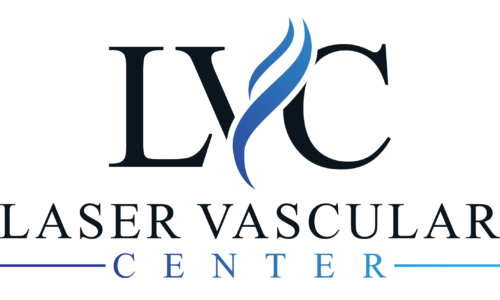Changes in skin color on the legs are easy to overlook. Many people assume discoloration is caused by bruising, aging, dry skin, or sun exposure. However, when the skin around the ankles or lower legs begins to darken, turn reddish-brown, or appear blotchy, it may be a sign of an underlying circulation problem. Leg discoloration [...]
For many years, treating vein disease meant invasive surgery, hospital stays, and long recovery periods. Understandably, this caused many patients to delay care or live with symptoms longer than necessary. Today, advances in vascular medicine have changed that reality. Minimally invasive vein treatments have become the preferred option for both patients and specialists. Traditional vein [...]
Varicose veins are often dismissed as a cosmetic concern, something that affects how legs look rather than how they function. While some people experience only mild visual changes, for many others, varicose veins are a sign of a deeper medical issue that can affect circulation, comfort, and long-term health. Varicose veins develop when vein valves [...]
Chronic leg pain can slowly become part of everyday life. Many people adjust their routines, limit activity, or rely on pain relievers without ever knowing what’s truly causing the discomfort. While muscle strain, joint issues, or aging are often blamed, poor circulation is a common and frequently overlooked cause of ongoing leg pain. Circulation problems [...]
Many vein and circulation problems don’t start with dramatic symptoms. They develop quietly, often showing up as mild discomfort, leg fatigue, swelling, or visible veins that seem more annoying than serious. Unfortunately, by the time symptoms become hard to ignore, the underlying condition may already be advanced. This is where vascular ultrasound plays a critical [...]
Seeing spider veins reappear after treatment can be frustrating. Many patients feel discouraged when veins that were once faded or gone slowly return, sometimes in the same area or nearby. While it may seem like the treatment didn’t work, recurring spider veins often mean that something deeper is being overlooked. Spider veins are small, visible [...]
If your legs feel heavy, tired, or achy by the end of the day, you’re not alone. Many people describe the sensation as wearing invisible weights around their ankles or calves. While it’s easy to blame long hours on your feet or daily routines, that heavy-leg feeling is often a sign that your circulation may [...]
Leg swelling is easy to dismiss. Long day at work, too much standing, hot weather — many people assume swollen ankles or legs are temporary and harmless. While mild swelling can sometimes be related to lifestyle factors, persistent or recurring leg swelling is often a sign that your circulation isn’t working as well as it [...]
For many patients, the idea of vein treatment brings concerns about surgery, long recovery times, or discomfort. Modern vascular care has transformed the way vein conditions are treated, making relief more accessible and less intimidating than ever before. Minimally invasive vein treatments are designed to target damaged veins without large incisions or lengthy downtime. Procedures [...]
Peripheral Artery Disease, commonly known as PAD, is a condition that affects blood flow to the legs due to narrowed or blocked arteries. While it often develops slowly, PAD should never be ignored. Many people with PAD experience leg pain when walking, cramping, numbness, or weakness that improves with rest. Because these symptoms can be [...]










